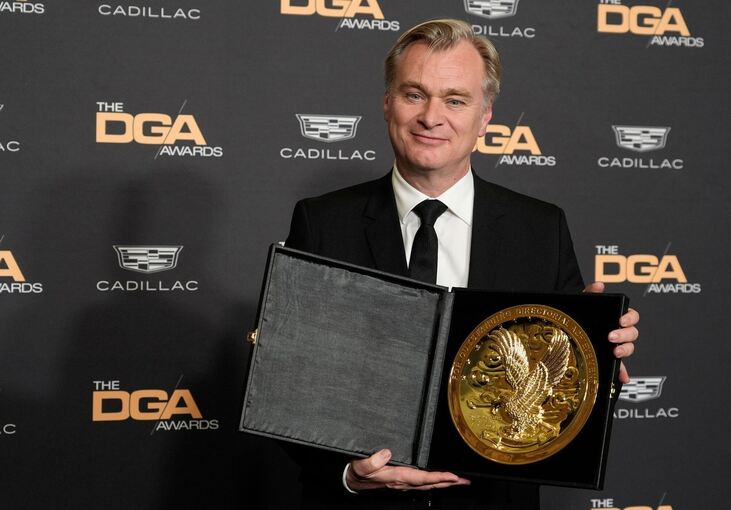The Influence of Christopher Nolan on Contemporary Cinema

Introduction
Christopher Nolan has established himself as a leading figure in modern cinema, known for his unique storytelling techniques and innovative filmmaking style. His films often blur the lines between genres, offer intricate plots, and utilise practical effects to create immersive cinematic experiences. As such, his work has not only garnered critical acclaim but has also sparked conversations about the future of filmmaking and audience engagement.
Innovative Storytelling and Cinematic Techniques
Nolan’s career took off with the 2000 film Following, but it was Memento (2000) that solidified his reputation. The film’s non-linear narrative captivated audiences and showcased his ability to manipulate time, a recurring theme in much of his work. This is further explored in films like Inception (2010) and Interstellar (2014), both of which incorporate complex structures that challenge viewers to piece together the story.
Moreover, Nolan’s emphasis on practical effects over CGI—exemplified in The Dark Knight trilogy and Dunkirk (2017)—has distinguished him from many contemporaries. His commitment to realism adds authenticity and a tactile quality to his films, making even the most fantastical stories feel grounded.
Recent Works and Box Office Success
Most recently, Nolan’s film Oppenheimer (2023) has made waves both critically and commercially, reaching over $1 billion at the box office. The film chronicles the life of J. Robert Oppenheimer, who played a pivotal role in the development of the atomic bomb. Starring Cillian Murphy and featuring a stellar ensemble cast, Oppenheimer has been praised for its ambitious scope and profound themes, including the moral implications of scientific discovery. This success underscores Nolan’s unique ability to attract large audiences while exploring significant and complex topics.
Conclusion
Christopher Nolan’s contributions to the film industry have redefined narrative possibilities and challenged traditional filmmaking paradigms. His films invite audiences to engage actively with the story, fostering a deeper, richer cinematic experience. As he continues to innovate, it is clear that Nolan’s impact will resonate for years to come, shaping the future of storytelling in cinema. As filmmakers strive to emulate his revolutionary approach and engage audiences, Nolan remains a towering figure whose influence cannot be understated.









